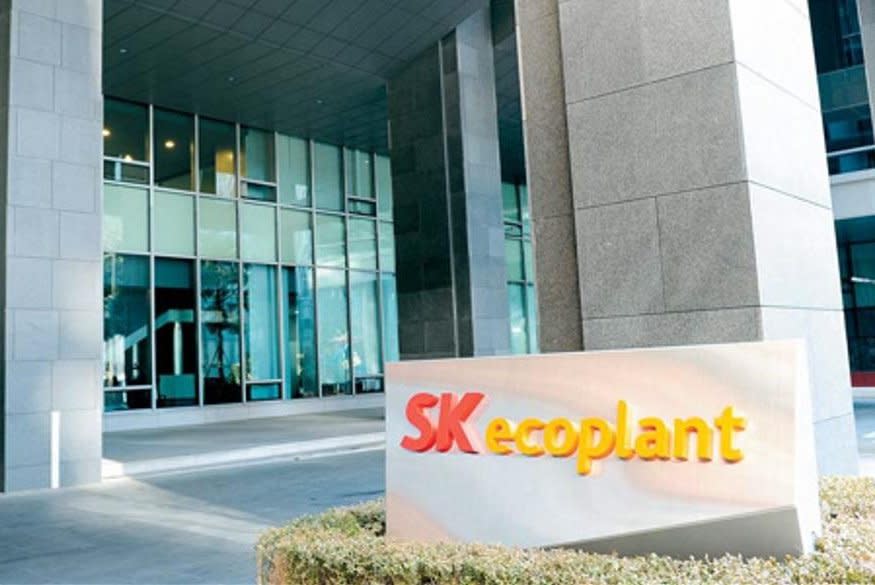Korea’s SK ecoplant to build battery recycling factory in U.S.

Sept. 26 (UPI) -- South Korea's SK ecoplant said Tuesday that it has signed an agreement with Ascend Elements of the U.S. to start a joint venture operation recycling waste batteries.
The partnership will see the two companies investing $65.8 million toward a pre-treatment facility in Hopkinsville, Kentucky.
SK ecoplant explained that the factory would engage in the physical and secure disassembly and shredding of scraps and byproducts generated during the manufacturing process of electric vehicles.
The newly constructed facility will also deal with the extraction of black mass, which is a necessary matter in obtaining raw materials for batteries, according to the Seoul-based builder.
The companies plan to break ground on the project late this year with the aim of starting operation in early 2025. The expected annual capacity is 12,000 tons of black mass.
Ascend Elements is also establishing North America's first cathode material precursor plant, which can supply the substance to 750,000electric vehicles annually.
Founded in 2015, Ascend Elements has been a leader in developing innovative technologies for extracting rare metals from waste batteries.
"We have invested substantial efforts in internalizing technology across the entire waste battery recycling process and establishing major facilities worldwide," SK ecoplant CEO Park Kyung-il said in a statement.
"With this joint venture and the construction of the factory, we will have achieved the necessary competitive edge in the waste battery sector. Building upon this foundation, we believe we can begin to assert our dominance in the global waste battery market," he added.
Industry experts point out that the market for recycling EV batteries will get bigger very fast.
"The popularity of electric cars will lead to a lot of battery waste in the not-so-distant future, forcing us to figure out a way to proactively deal with the issue," Daelim University automotive professor Kim Pil-soo told UPI News Korea.

 Yahoo News
Yahoo News 
